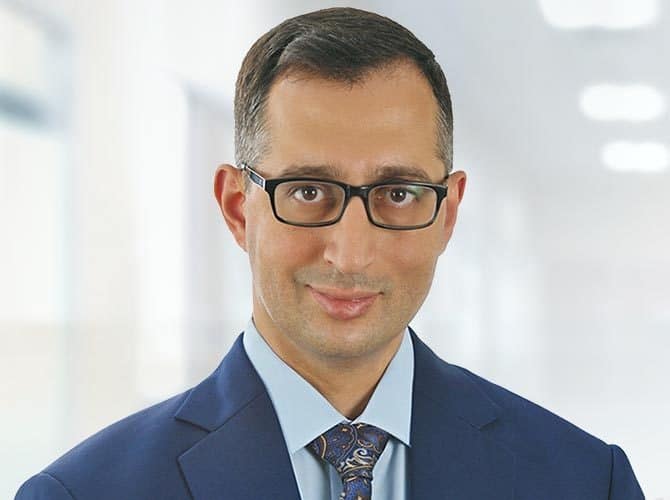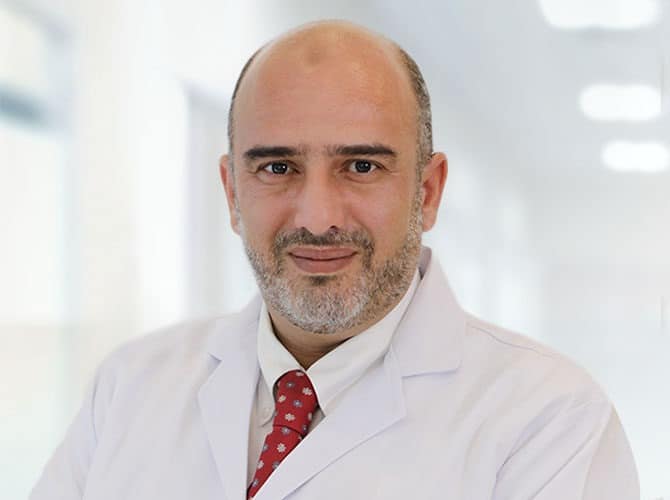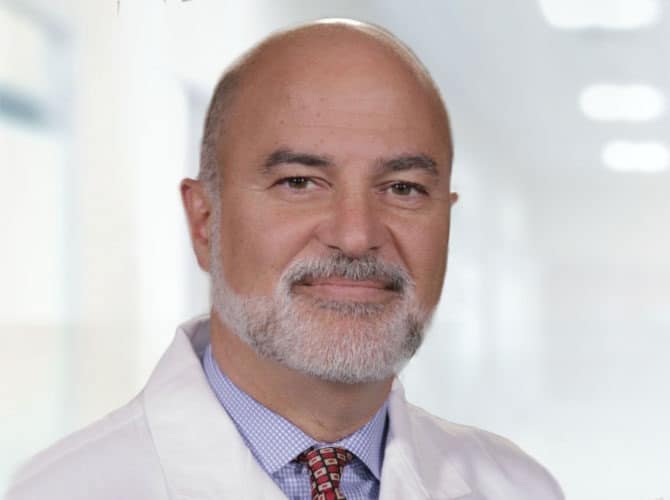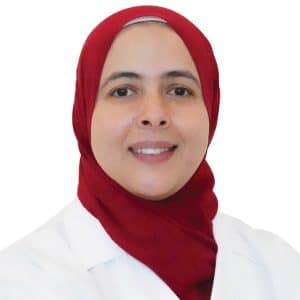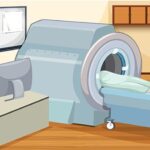Pediatric Cardiology
The Pediatric Cardiology Department at KidsHeart is a specialized department for children addressing all kinds’ congenital heart condition and acquired heart diseases. We treat children as young as a few hours old up to the age of 18 years.
With the use of state of the art diagnostic equipment and treatment modalities, you will be assured that your child’s heart condition will be assessed properly and treated accordingly.
Fetal Echocardiography:
A meticulously detailed ultrasound of the fetus in the womb to assess cardiac conditions before the birth of your child. The fetal echocardiography helps assess the following:
- Fetal Cardiac Anatomy
- Fetal cardiac functions
- Fetal heart rhythm
- Fetal heart distress
The procedure is crucial to know your fetus heart and avoid any complication that arise due to congenital heart defect after birth as we will plan better for post-natal care.
This test is better done after 16 weeks of pregnancy.
Book your appointment with our expert to learn about your Future baby heart today.
Trans-thoracic & Trans-esophageal Echocardiography
Our highly qualified Pediatric Cardiologists in Dubai, Abu Dhabi and Al Ain rely on Transthoracic Echo (TTE) to diagnose structural abnormalities in a patient who has arrhythmia, murmurs, hypertension, high cholesterol levels, heart failure, obesity, and syncope.
Another procedure to facilitate the diagnosis is the Trans-esophageal Echo procedure. A micro camera is inserted and directed in the esophagus or stomach to get a clearer picture of a patient’s heart. The procedure is usually performed under sedation.
Intracardiac Echocardiography
The most advanced heart ultrasound is performed as the intra-cardiac echo. A catheter with a micro camera is inserted in the vein, directly entering the heart chambers. This is usually performed during interventional cardiac catheterization procedures.
Electrocardiogram (ECG)
ECG or EKG is a simple, painless heart test that measures the heart’s electrical activity and detect abnormal heart problems. It is basically a graphical representation of the electrical work of heart muscles. We have the most advanced computerized machines and equipment for ECG.
ECG Holter and Cardiac Monitoring
Holter is an external monitoring device for short-term recording of heart rhythm, worn 24 or 48 hours as an attachment over a child’s chest. We also have wireless event monitors to record ECG anytime as required.
Pacemaker Programming
To manage the problem of arrhythmia, the pacemaker is introduced and programmed using an advanced computer to adjust its settings and parameters as per the requirement.
Stress Testing
Exercise stress test is used to determine how well your heart responds during times when it’s working its hardest, typically on a treadmill — while you’re hooked up to an electrocardiogram (EKG) machine. This allows the doctor to monitor your heart rate and is done to individuals who have been experiencing chest pains or other symptoms of coronary heart disease (also called coronary artery disease) and may also be used to help determine your level of health.
Interventional Cardiac Catheterization
ICC is a highly specialized procedure that uses catheters and specialized tools to manage cardiac defects in children without performing surgery. Dr Anas Abu Hazeem, our consultant pediatric cardiologist in Abu Dhabi, performs ICC with precision and adroitness at our affiliated hospitals.
Cardiac MRI
An MRI of the heart provides 3D pictures with details of information and real-time condition of the heart chambers to help diagnose and guide treatments. Dr Mohamed Sulaiman, our MRI specialist, performs cardiac MRI in affiliated hospitals to guide treatment of congenital or acquired heart diseases. For an appointment, please call us today.
Clinic Doctors:
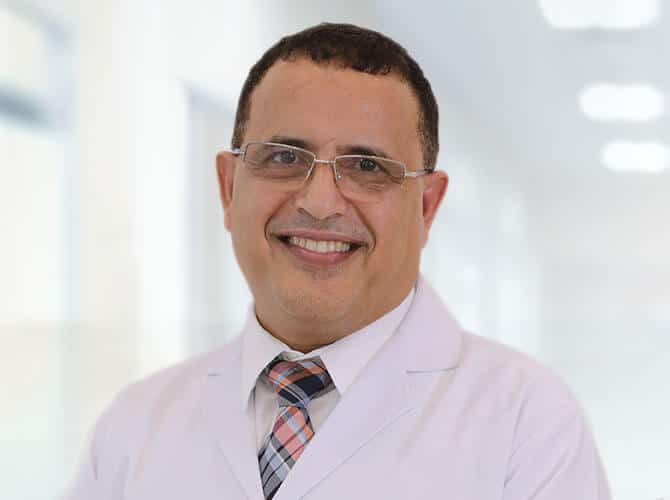
Dr Mohamed Sulaiman
Consultant, Fetal & Pediatric Cardiologist – American Board Assistant professor, Columbia University, New York
